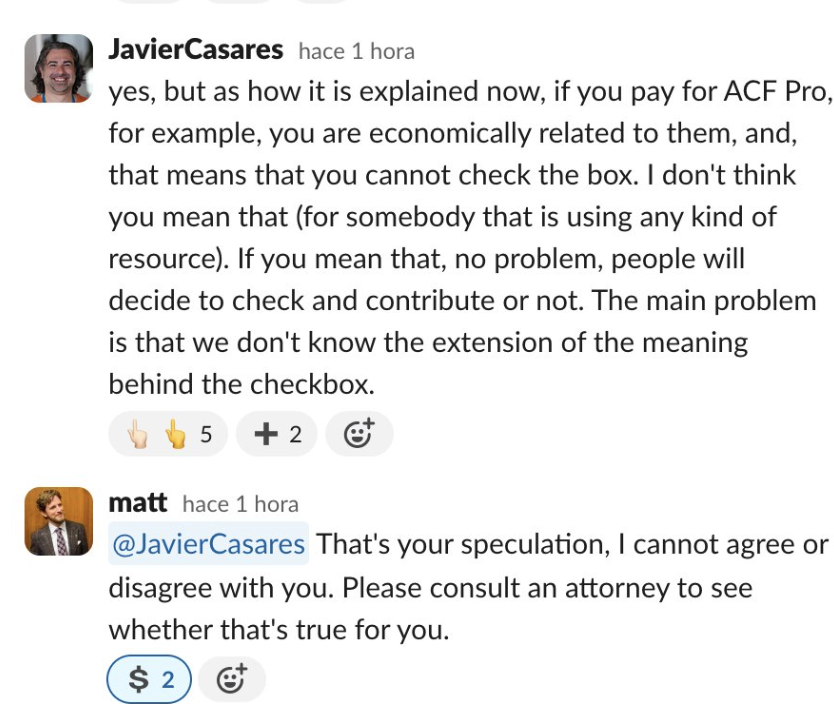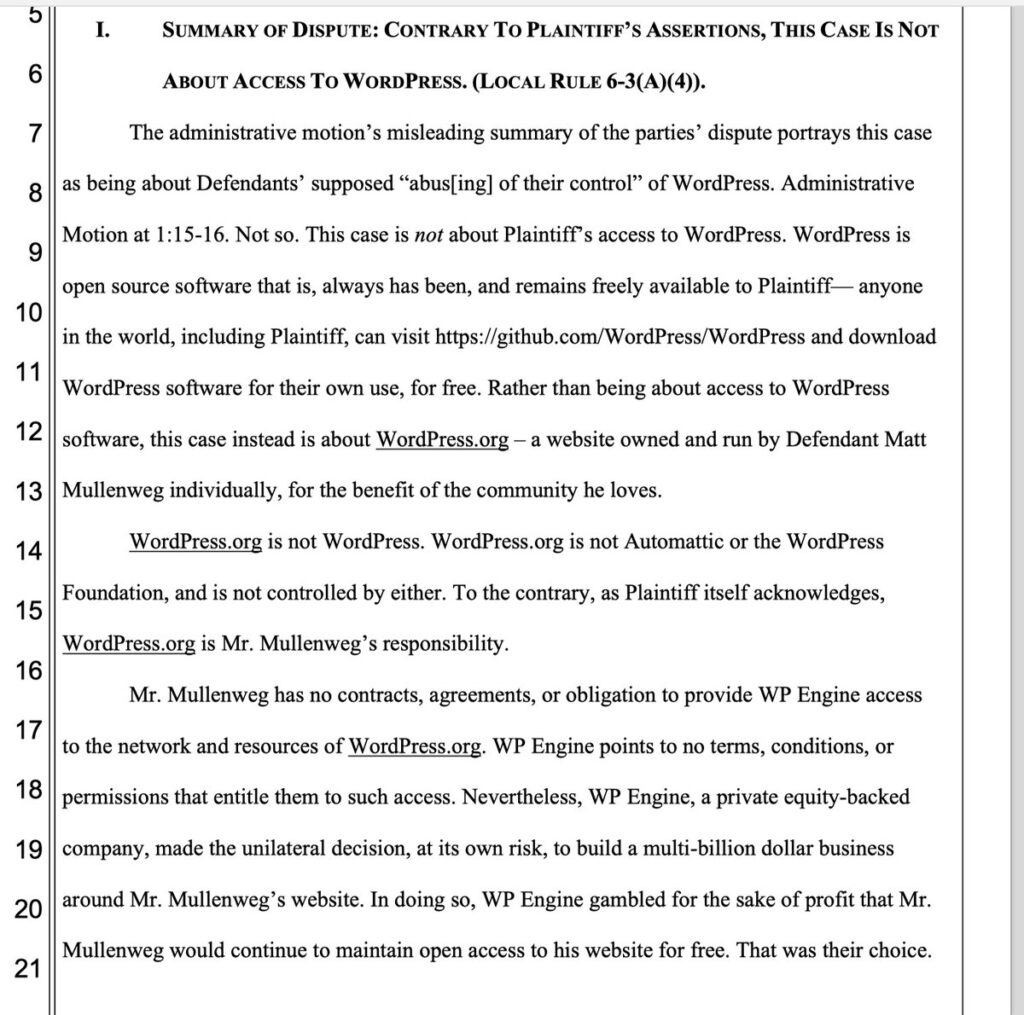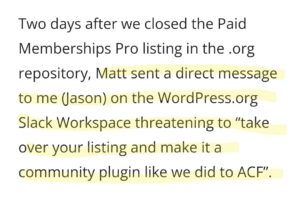Why we’re not releasing on wp.org… yet

When we were planning the release of our new WooCommerce plugin Shop Health a few months ago, all of us expected that we would be launching it on WordPress.org as a regular free plugin.
The reason we wanted to distribute it for free was simple: we came across so many WooCommerce shops that were having problems with their content and settings — things that were easily fixable as long as you knew where to look. In order for this plugin to have the greatest impact, it would need to be free.
While we were finishing up the last parts of Shop Health, however, trouble was brewing in the WordPress and WooCommerce ecosystems. Trouble that would cause us to not release on WordPress.org at all and even forced us to delay our launch by two weeks as we needed to figure out how to serve updates to our users without the help of WordPress.org. In this blogpost I’d love to take you through the reasoning for this sudden switch.
The #WPDrama of it all
Tensions in the WordPress ecosystem have been high in the last couple of months. If you’ve managed to remain blissfully ignorant of this, I envy you, but I will have to burst your bubble in order to explain what happened. A large legal battle between Automattic (creators and maintainers of WordPress’ for-profit version WordPress.com) and WPEngine, owned by the private equity firm Silver Lake have sparked a series of controversies, that started off with a decision to ban WP Engine from wordpress.org.
This is a big deal, since wordpress.org is the de faco way to ship updates to plugin and theme users, and WP Engine is responsible for some of the most popular plugins out there. It is, in my personal opinion, also highly problematic to weaponize an open source community just because the commercial side of WordPress is dealing with a legal battle.
This ban eventually culminated in a checkbox being added to the login of wordpress.org. When we as contributors asked what the label on the checkbox meant exactly, we were told to get legal council on this matter.

Eventually, pushing for a clearer answer on this, or even just responding with a negative emoji, resulted in bans from the WordPress contributor slack, .org and in some cases blocks on X.
Want to optimize your WooCommerce store?
Wooping has launched it’s first plugin: Shop Health!
Shop Health is your go-to tool to analyse and optimize your WooCommerce webshop in a heartbeat!
The Tipping Point
For many folks in the WordPress community, us included, the tipping point came when Matt and Automattic took over the beloved Advanced Custom Fields plugin. One of the many plugins maintained by WP Engine. The excuse given for the hijacking of this plugin was an alleged security leak, which the banned developers of the plugin were unable to fix.
“Secure Custom Fields” was born. Or rather, frankensteined together from the original Advanced Custom Fields code. The idea of a single person deciding he didn’t like the way we were doing things and cutting off our distributing channel, let alone, completely take over what we had build, didn’t sit right with us. Not only that, Matt and Automattics lawyers themselves explicitly called it a “gamble” to build a business on wordpress.org.

So naturally we decided to look into alternatives for releasing over wordpress.org.
Hate to say I told you so…
Days after the takeover of ACF, a blogpost by Jason Coleman, CEO and co-creator of the popular Paid Memberships Pro plugin, revealed that they were threatened with a similar takeover by Matt, just for removing their plugin from .org.

Needless to say, we’re happy with our decision not to post our hard work on ‘just someones personal site’ and be at the whim of that persons mood.
Additionally, I would argue that this is way too much power to have for a single individual, especially since WordPress still powers over 40% of the web. All of these websites are being maintained and updated through a website that has zero standing in law. If Matt decides to pull the plug, or something happens to him, that means 40% of the internet is suddenly without a way to get updates. And since updates are vital to open source projects, that basically means condemning 40% of the web.
This has resulted in us at Wooping to seriously look at, and eventually support, good alternatives like AspirePress and Andy Fragens’ Github Updater, but more about those alternatives in a later blogpost.

Leave a Reply